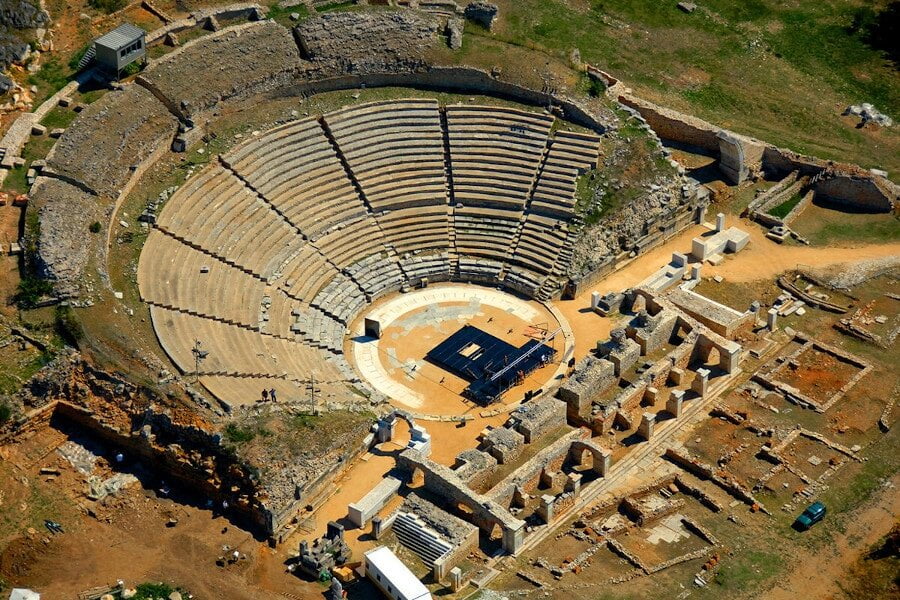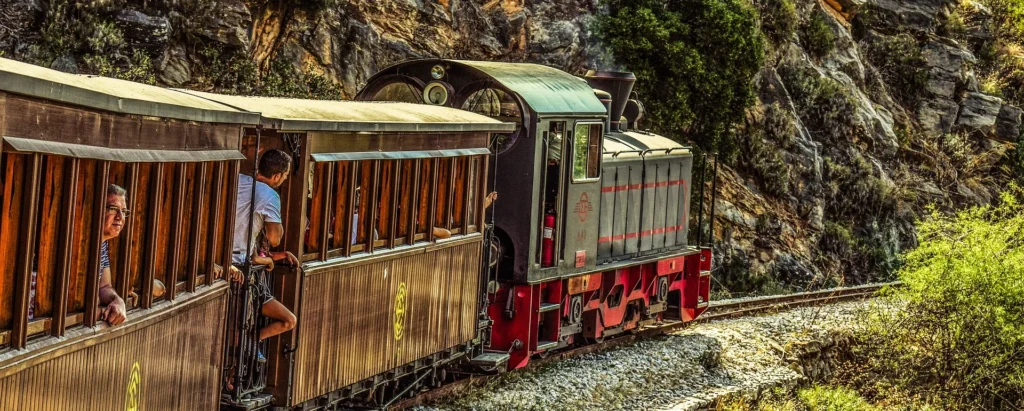The Philippi is a settlement close to Kavala. The town of Philippi is the most important archeological site in eastern Macedonia. Its first settlers were from Thasos, who in 360 BCE established the colony of Krinidon. This new colony was threatened by the Thracians and asked for help from Phillip the Second, King of Macedonia. Seeing its economic and strategic significance, he occupied and fortified to town, giving it his name: Philippi.
The city flourished during the Hellenistic era. In the course of its development, the town acquired a wall, a theater, public buildings and private homes. In 42 BCE, it became a Roman colony and the city grew and became an economic, administrative and artistic center. In 49 or 50 BCE, the Apostle Paul visited Philippi and established there the first Christian church on European soil. Today, the archeological site of Philippi is a UNESCO World Heritage Site.
The city began to be abandoned at the start of the 7th century CE due to large earthquakes and Slavic invaders. It survived during the Byzantine era as a fortress, while its abandonment became complete with the Turkish conquest at the end of the 14th century.




